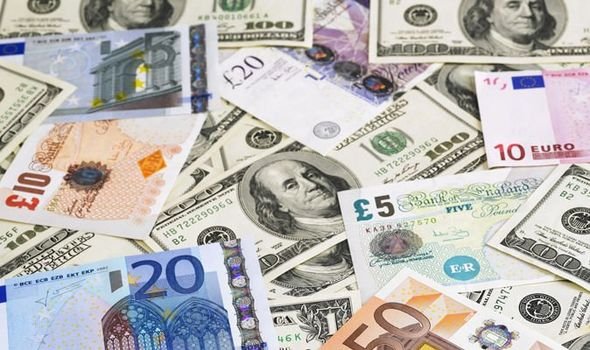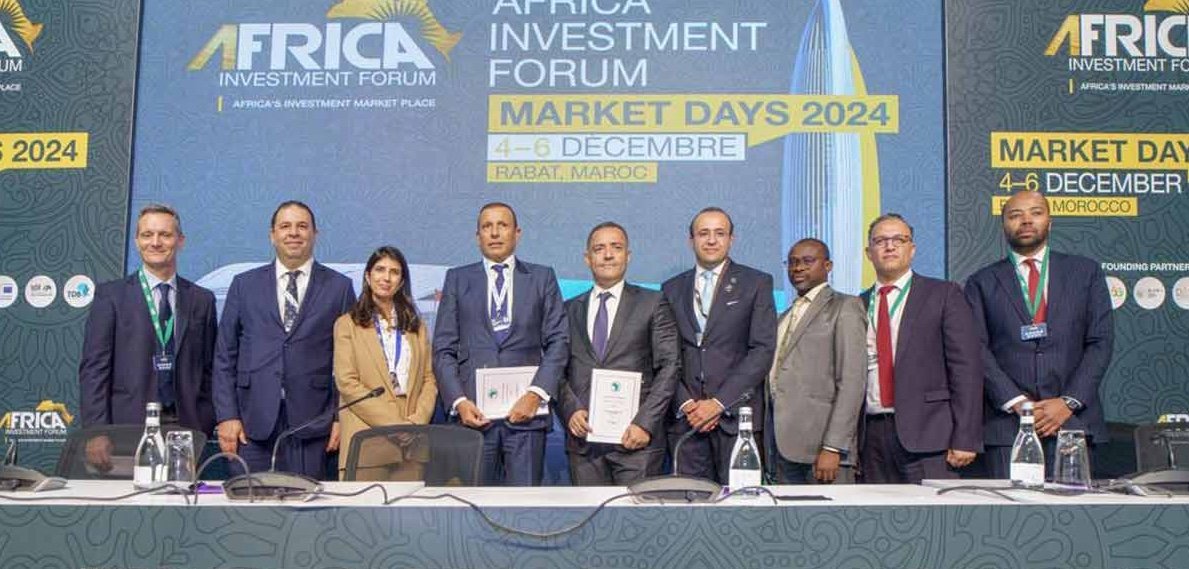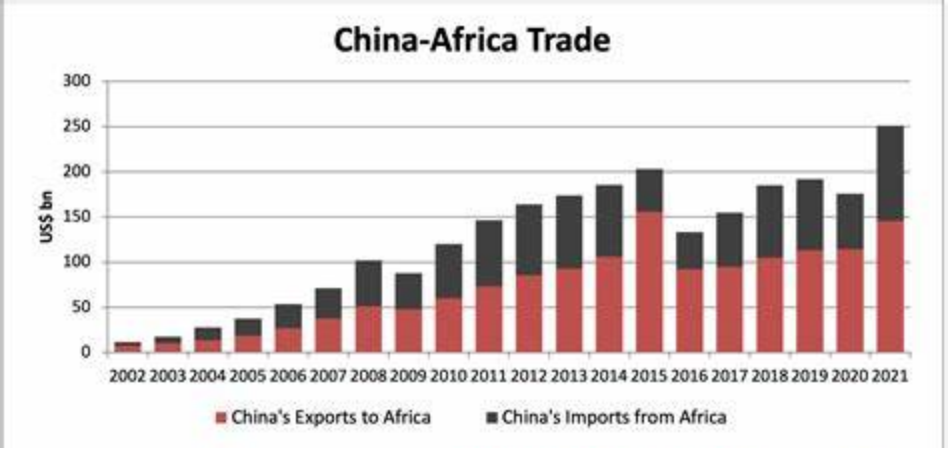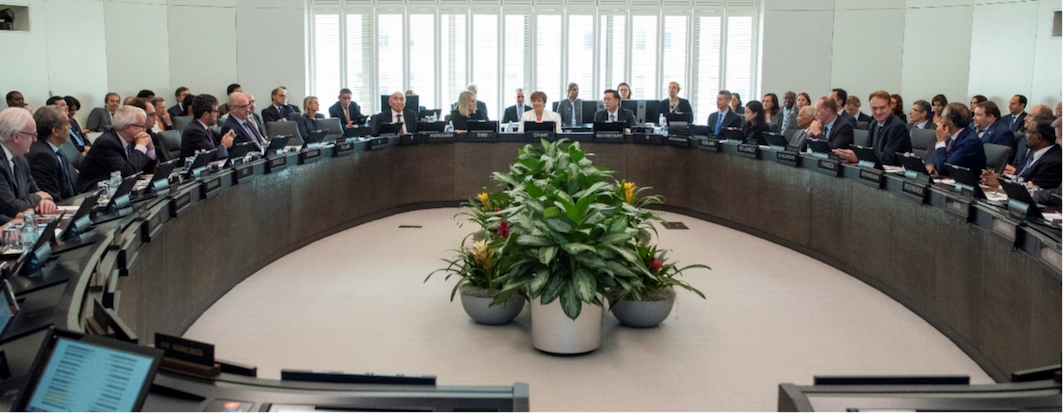Escalating Trade Tensions: The U.S. and Global Tariff Disputes
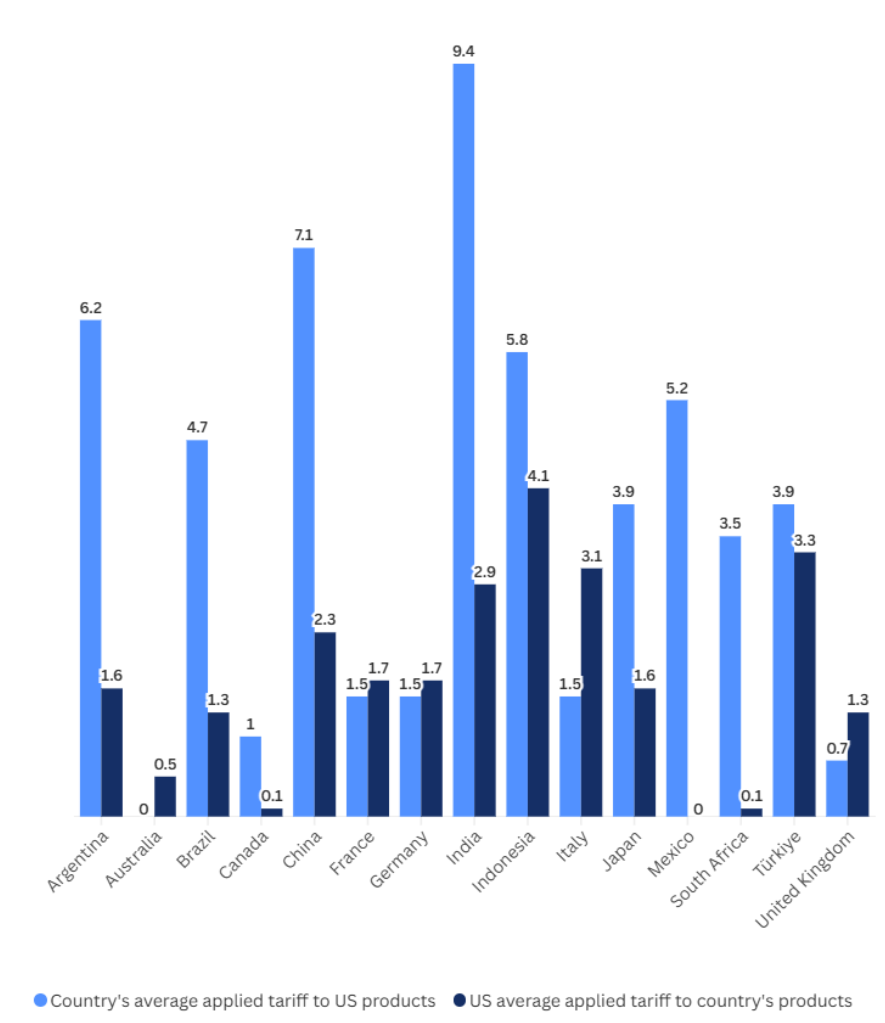 Trump Tariffs: Visualizing new US Trade Restrictions
Trump Tariffs: Visualizing new US Trade Restrictions
In recent years, the United States has implemented assertive tariff policies aimed at protecting domestic industries and addressing trade imbalances. These measures have led to significant global trade tensions, as key trading partners have introduced retaliatory tariffs, impacting international economic dynamics.
U.S. Tariff StrategiesThe U.S. has imposed a 25% tariff on steel and aluminum imports, affecting multiple countries. Additionally, a 10% tariff on all Chinese imports has been enacted, further straining U.S.-China trade relations. The U.S. is also considering 'reciprocal tariffs,' which would match the tariffs that other countries impose on American goods. This approach seeks to address perceived disparities in trade practices.
Global RetaliationIn response to U.S. tariffs, several countries have implemented countermeasures: China - Imposed tariffs on U.S. agricultural products, technology goods, and other exports, escalating bilateral trade tensions. European Union - Threatened countermeasures on U.S. exports, particularly targeting the auto industry, in response to U.S. tariffs on steel and aluminum. Canada and Mexico - Responded with tariffs on U.S. agricultural goods, steel, and aluminum, aiming to mitigate the impact on their economies. India - Levied duties on American goods, including apples and almonds, as a direct response to U.S. tariff policies.
Economic ImplicationsThe ongoing tariff disputes have several significant economic consequences:
- Rising Prices - Increased tariffs lead to higher costs for businesses and consumers, contributing to inflation.
- Supply Chain Disruptions - Companies are forced to seek alternative suppliers, raising production costs and causing inefficiencies.
Global Economic Slowdown - The World Bank warns that trade tensions could reduce global economic growth by 0.3% or more, exacerbating existing economic challenges.
Diplomatic and Political FalloutMany countries view the U.S.’s tariff measures as economic nationalism, which has led to strained alliances and increased geopolitical tensions. The World Trade Organization (WTO) has faced pressure, with some nations challenging U.S. tariffs as unfair trade barriers. In 2018, the WTO ruled that former U.S. President Donald Trump was in breach of global trade rules with his administration's tariffs on steel and aluminum. However, the Biden administration disputed the panel’s rulings and stated that it would not remove the duties established by Trump.
Current OutlookThe trade dispute remains unresolved, with potential escalations if the U.S. proceeds with new tariffs, particularly on European and Asian cars. While negotiations continue, the risk of a prolonged trade war remains high, which could destabilize global markets. Proactive diplomatic engagement and strategic considerations will be essential to mitigate adverse outcomes and preserve stability in international trade relations. As the situation evolves, it is crucial for policymakers and stakeholders to carefully assess the long-term implications of tariff policies and work collaboratively towards sustainable solutions that promote fair and equitable trade practices globally.
24-02-2025

